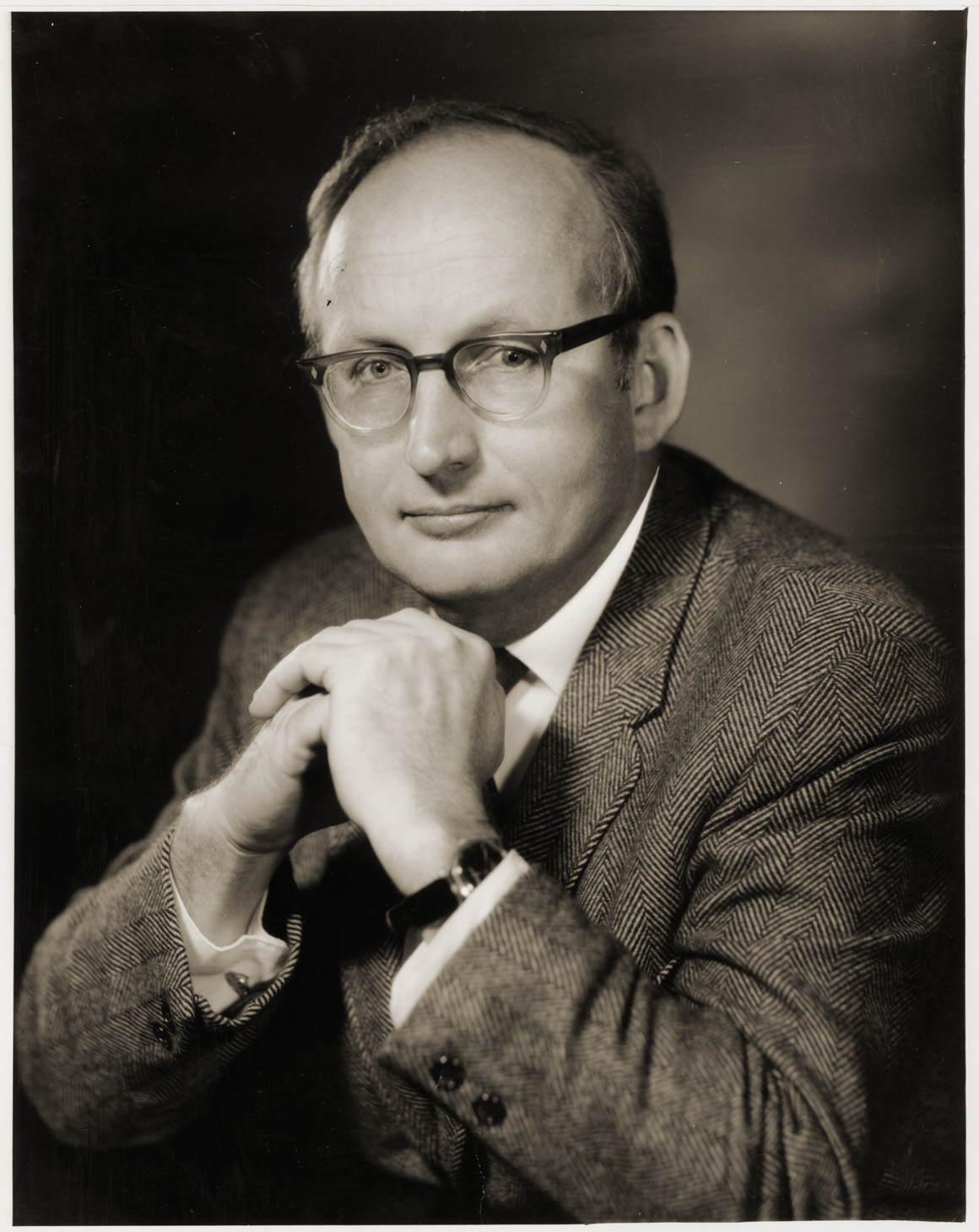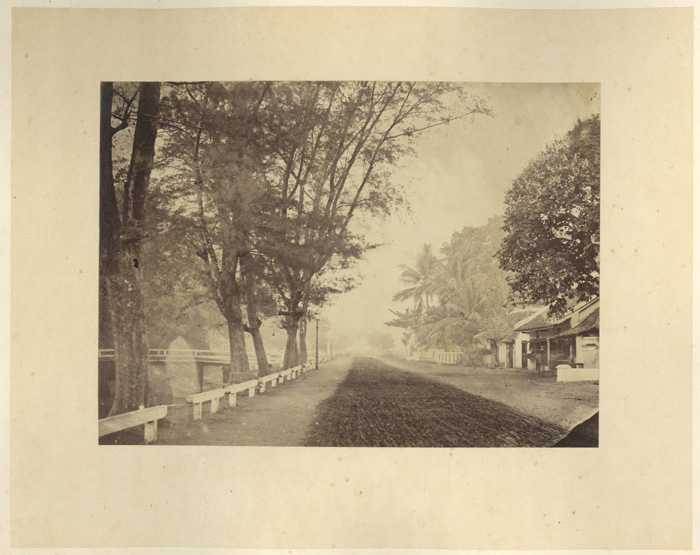WAG Records
Informally referring to themselves as WAGs (Women Against Garage), Fay Kaynor, Mary Snyder, Merrylees Turner, and Mary Wentworth, opposed the building of a parking garage in the center of Amherst. Together they collected newspaper clippings, reports, minutes of meetings, and flyers that tell both sides of the story, but in particular shed light on the motivations of those opposed to the garage, concerns not well represented in the local paper, the Amherst Bulletin, at the time. Potential problems raised by garage opponents focused on the environmental issues that added traffic in Amherst would introduce, as well as the financial impact both on the town, if the revenues from the garage did not cover the investment or maintenance costs, and on locally-owned businesses that might not be able to afford higher rents if property values near the garage increased significantly.



